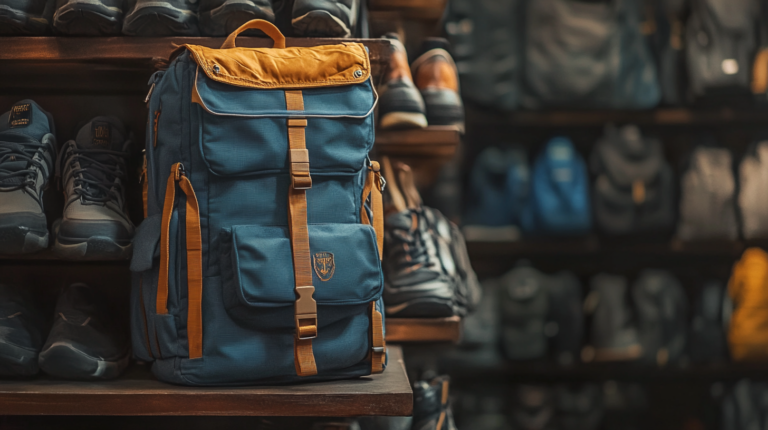How Many Passports Can a Frequent Flyer Really Carry?
Over the years, I’ve encountered plenty of flyers who juggle multiple passports like they’re collecting souvenirs. Some do it through dual citizenship, others by obtaining a second U.S. passport, and a few go all out with investment-based programs abroad. Often, these extra credentials can be real game-changers, helping to cut down visa wait times or dodge tricky geopolitical restrictions. But is it legal—and is it truly that convenient? From my experiences in the air and on the ground, I’m excited to share what I’ve learned about how more passports can bring surprising perks.
Understanding Dual Citizenship
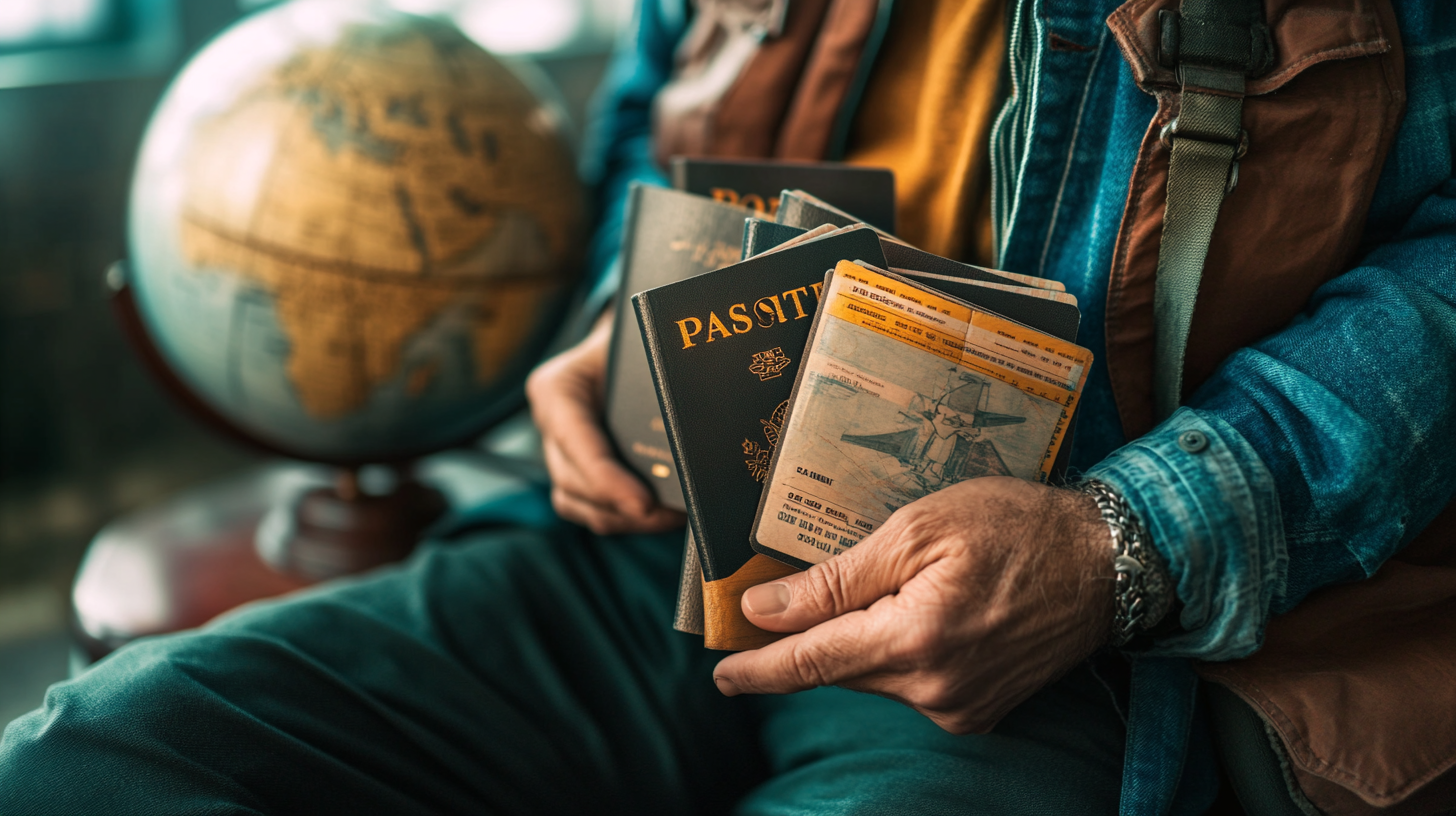
In my own travels, I’ve seen the benefits that come with being recognized as a citizen by more than one country. The United States has allowed dual citizenship since a pivotal Supreme Court ruling in 1967, meaning you can hold foreign passports acquired through birth, familial descent, marriage, or naturalization without automatically putting your U.S. nationality at risk. I’ve met folks in airport lounges who flash two different passports to breeze through immigration lines, and it always amazes me how that single choice can unlock a world of travel privileges.
However, not every country is so welcoming. According to a 2024 Migration Policy Institute survey, nearly 20% of the world’s nations still place strict limits on dual nationality or prohibit it outright. Before you go all in on applying for another passport, it’s crucial to double-check the local regulations, residency rules, and any security screenings you might need to pass. In my experience, people who do their homework upfront have a much smoother path to dual citizenship down the line.
That said, the opportunities can be life-changing. Imagine traveling to countries that don’t maintain strong diplomatic ties with the United States—your second passport might open doors that your U.S. one can’t. Being able to choose which document to present at border control can dramatically cut down on visa requirements, not to mention speed up the dreaded customs line when you land. It’s a blend of convenience and strategy that frequent flyers in the know love to leverage.
Why a Second U.S. Passport Could Help
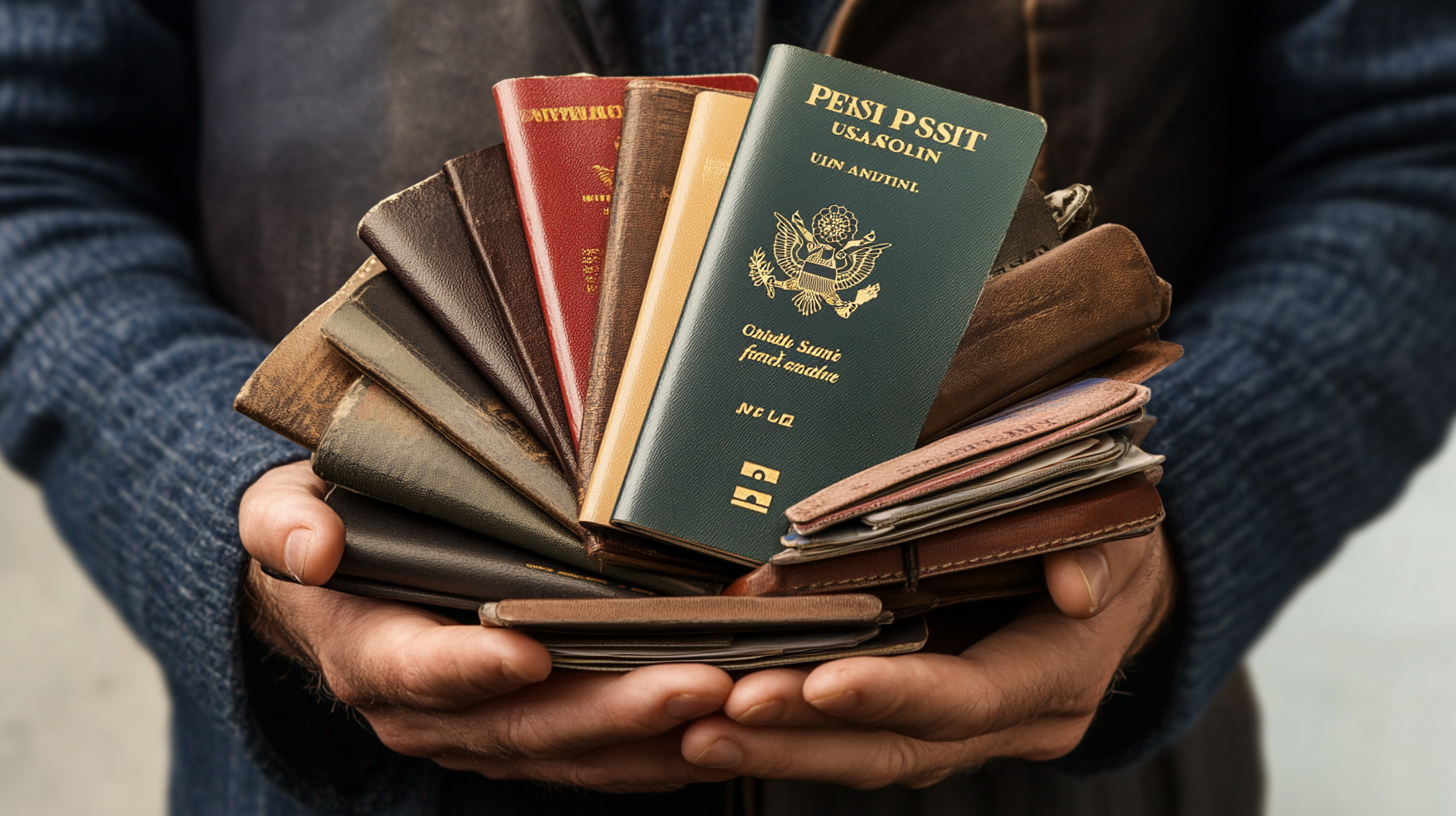
Even if you never plan on holding dual citizenship, you might still qualify to hold two valid U.S. passports. Usually, the main passport is valid for a decade, while the second one has a shorter four-year lifespan. At first, I thought this was just for diplomats or VIPs, but in reality, it benefits a variety of frequent flyers. I’ve personally found it handy to juggle a visa application for one country while using the other passport book to travel somewhere else. When every hour counts during a jam-packed itinerary, that extra flexibility is priceless.
One real-world scenario I’ve encountered is the dreaded “passport stuck at the embassy” problem. If you’re applying for a lengthy visa and the processing time ties up your main passport for weeks, your second passport can be your lifeline for other trips in the meantime. It also helps in situations where certain visa stamps or entry stamps might cause suspicion in rival nations. With two U.S. passports, you can keep those stamps separate and potentially avoid awkward questioning at border control.
That said, this option isn’t for everyone. Obtaining a second passport requires demonstrating specific needs—like urgent business travel or extended visa processing—for the State Department to grant you another book. In my experience, these approvals aren’t dished out lightly, so it’s important to gather all relevant documents and provide a CLEAR rationale for why you need it. But if you do get it, it can be a major timesaver and stress reducer for the professional road warrior or even an adventurous globe-trotter.
The Process of Getting More Passports

I’ve chatted with frequent flyers who have pursued residency-by-investment or so-called “Golden Visa” programs in countries like Portugal, Spain, and Malta. These aren’t cheap—some require significant real estate purchases or job-creating capital investments—but they can eventually lead to full citizenship. According to industry data from 2023, nearly 25,000 investors worldwide tapped into Golden Visa schemes, illustrating just how popular these routes have become among well-heeled travelers seeking a second (or third) passport.
Within the U.S., the EB-5 Immigrant Investor Program is one way foreign nationals can secure American residency, and later, a passport. I remember talking to an entrepreneur who had to invest a significant sum in a job-creating project, often in targeted employment areas. A few years later, they proudly held a brand-new U.S. passport. It’s a rigorous process, though, so be ready for detailed paperwork, ongoing residency requirements, and regular check-ins with immigration authorities.
If you’re a U.S. citizen wanting a secondary American passport specifically, the request is more straightforward. You’ll need to fill out the required forms, usually DS-82 or DS-11, and provide supporting evidence that outlines why an additional passport is essential. In my experience, official passport services and expedited agencies can speed things along, but you’ll still need to adhere to State Department regulations. Keep in mind that the fee for the extra booklet is typically under $135, which pales in comparison to the convenience you might gain if you’re always on the move.
Legalities and Pitfalls
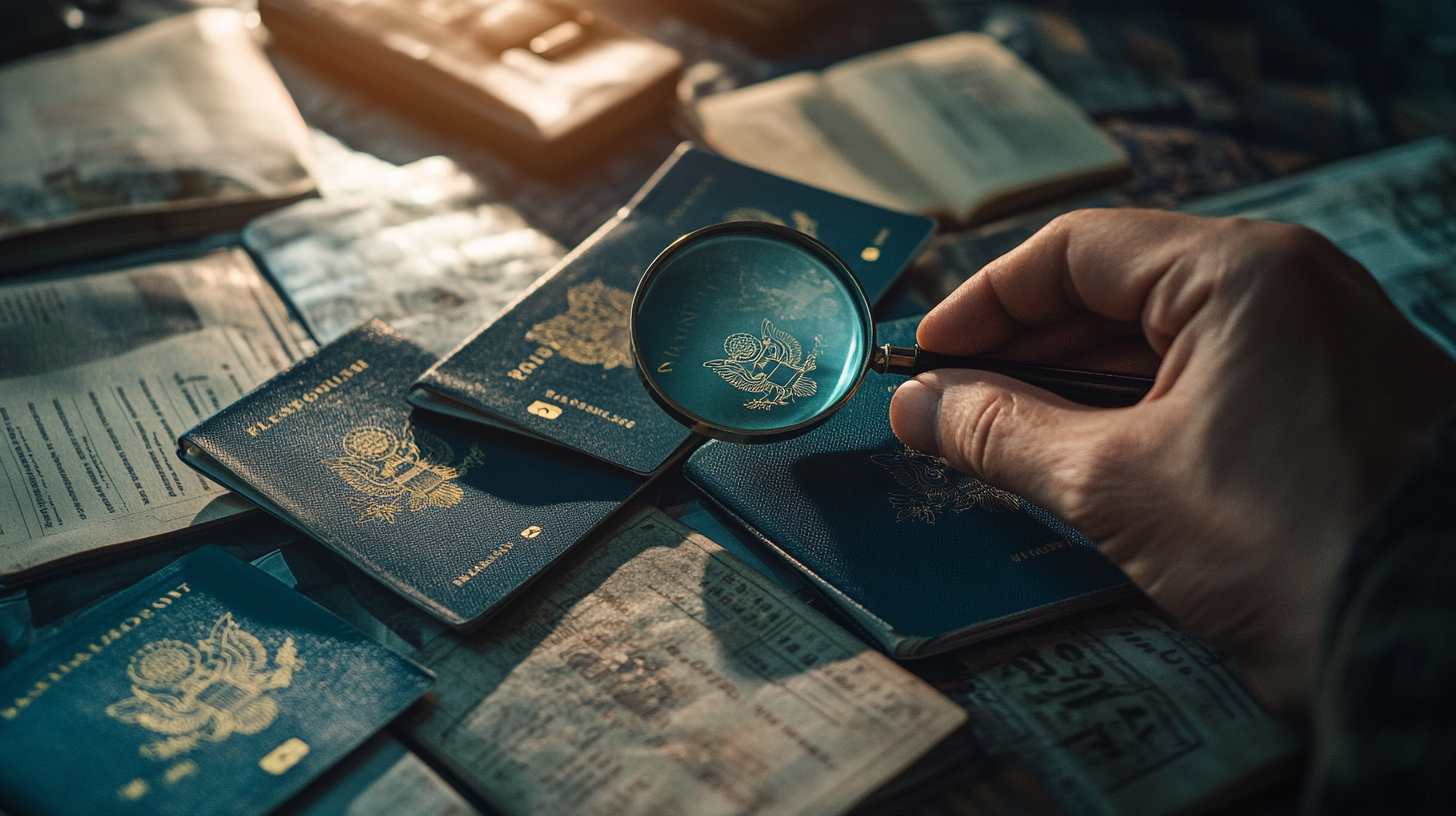
It’s perfectly legal to hang onto old U.S. passports, and I’ve met plenty of travelers who cherish them as little scrapbooks of their globetrotting adventures. Each stamp tells a story, right? However, it’s strictly illegal to use someone else’s passport or to misuse a passport you’re not entitled to. From what I’ve gathered, this is one area where authorities show zero tolerance, and it’s simply not worth risking your travel freedom by cutting corners.
In the United States, if you hold dual citizenship or multiple U.S. passports, you must still use your American passport when re-entering the country. I’ve heard from a few travelers who forgot this detail and ended up in lengthy secondary inspections. Even if you’re just trying to get that “fast lane” experience abroad, never forget which passport truly identifies you as a U.S. citizen. It’s also wise to check each passport’s expiration date and keep them valid because traveling with an expired passport can lead to major headaches.
The high-profile example of Paul Manafort reportedly applying for 10 passports made headlines a few years back, stirring questions about why anyone would need so many. The truth is, the State Department rarely issues more than two valid passports to a single individual. Any requests beyond that typically raise red flags and prompt extra scrutiny. My rule of thumb? Stick to the legitimate channels, and if you think you need a third or fourth passport, be ready to answer a lot of questions about why.
Credit Cards, Expedited Services, and Travel Tips
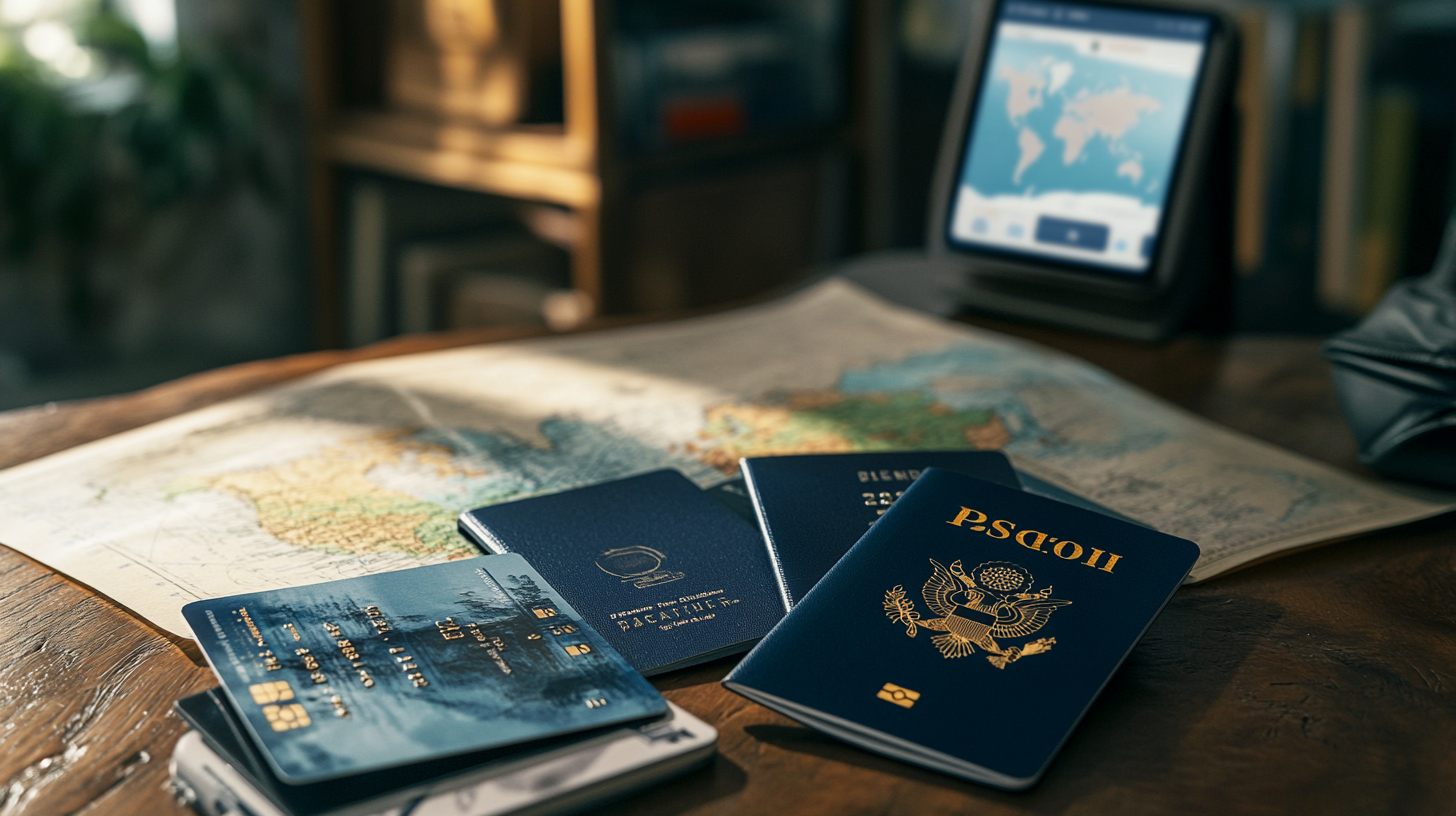
I’ve discovered that pairing an extra passport with the right travel credit card can feel like a superpower in the airport. Many premium cards offer perks like lounge access, priority boarding, and waived baggage fees—handy for travelers bouncing from gate to gate. For me, it’s all about the synergy: a second passport streamlines entry and exit in certain countries, while a powerful rewards card can offset travel costs and even expedite the check-in process.
According to a 2023 ranking by travel analysts at NomadCompare, cards offering global lounge memberships also frequently include credits for expedited security programs like TSA PreCheck or CLEAR. This means you could waltz past security lines in the U.S. while also taking advantage of your second passport’s perks across foreign immigration checkpoints. It’s a one-two punch for trimming down airport wait times. Combine that with a versatile carry-on bag—whether softshell or hardshell—and you’ll feel unstoppable strolling through the concourse.
Another tip I’ve learned is to watch out for flight disruptions or unexpected weather patterns, especially when you’re planning back-to-back international connections. Having two passports won’t help if your flights are canceled, but it can make rerouting easier. And if you’re the eco-conscious type like me, there’s also a growing movement toward greener travel solutions, from carbon offsets to sustainable packing strategies. After all, personal convenience shouldn’t come at the planet’s expense, right?
Final Thoughts
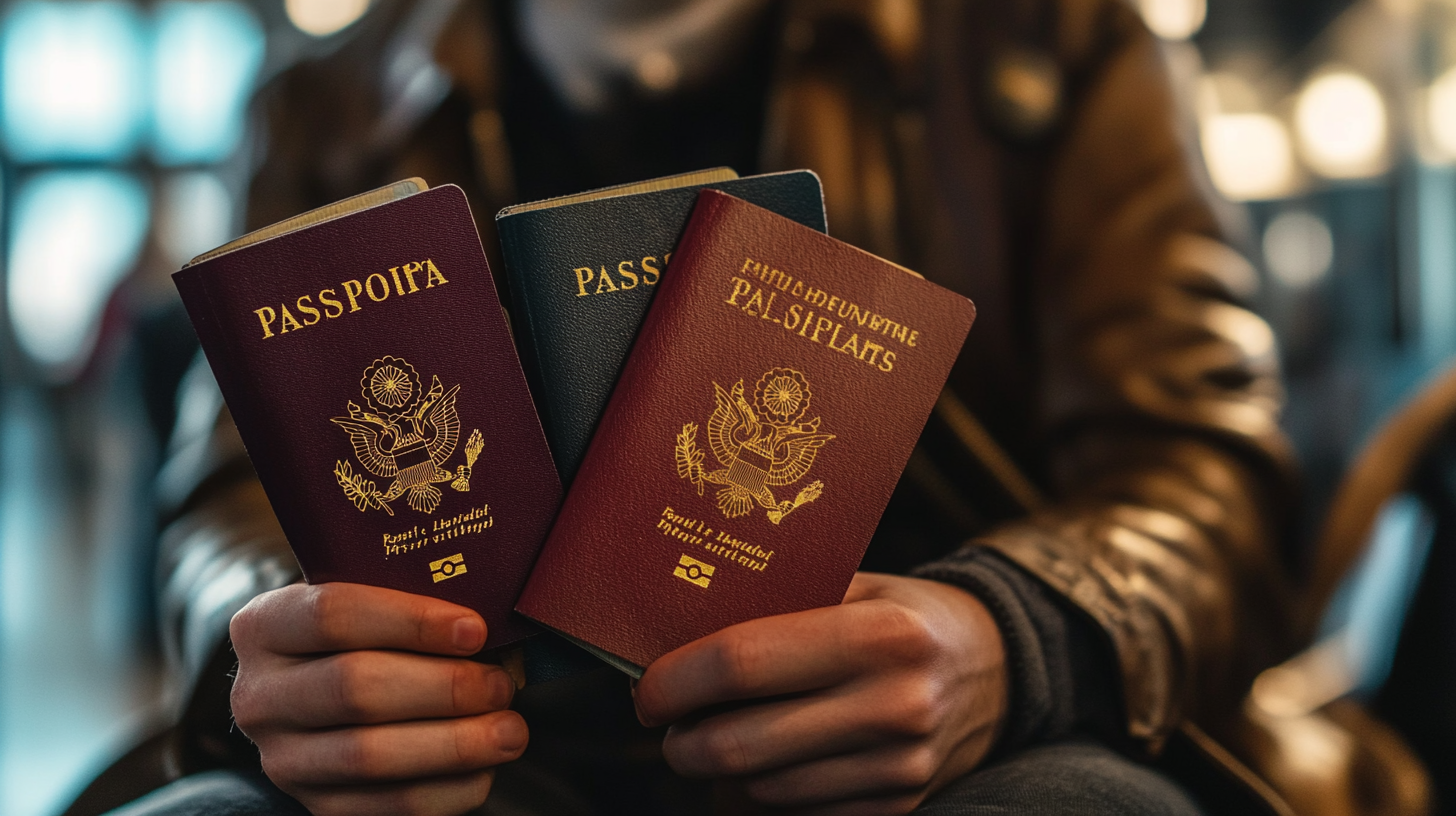
From my perspective, carrying multiple passports is more than just a cool conversation starter—it’s a strategic decision that can simplify your global adventures. Whether it’s circumventing lengthy visa delays, navigating countries with conflicting entry requirements, or just keeping your travel schedule flexible, having extra credentials often pays off in time saved and peace of mind. Still, I’d never recommend diving into it blindly. Research is key, as is staying on the right side of the law wherever you’re headed.
If you’re mulling over a second passport—be it from another country or through a specialized U.S. program—consider the personal reasons motivating you. Maybe your career has you on a plane every other week, or perhaps you’re aiming for more efficient border crossings to visit family around the world. Knowing your “why” will help you navigate the “how” with more confidence and clarity.
Barry B.’s Take
Whenever I bump into travelers flaunting multiple passports, I’m reminded that travel is about exploration, opportunity, and adaptability. The world keeps evolving, and so do the rules. Having an extra passport can be like carrying a spare key—it won’t change your life on its own, but it can definitely come in handy in critical moments. From unforeseen layovers to spontaneous detours, an added level of freedom often means more meaningful journeys.
My advice? Weigh the costs and challenges against the tangible benefits you stand to gain. If you feel your legitimate need aligns with the requirements, then go for it. Just remember that each passport you hold is an invitation to step beyond your comfort zone and see the world from a fresh angle.
Stop by milesBUZZ for the latest flight tricks and travel news!






